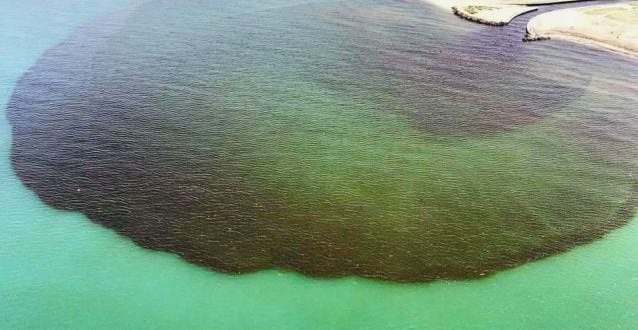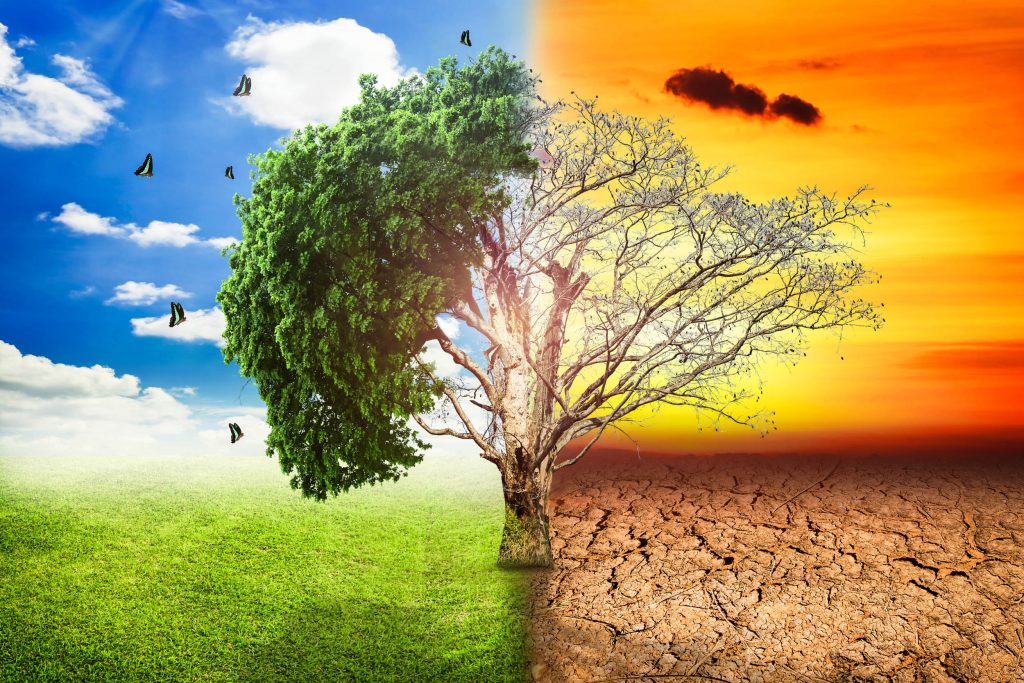The Covid-19, the current pandemic, is forcing millions of people around the world to stay at home. From one day to another streets, beaches and squares became empty.
However, a particular phenomenon has emerged: nature has, little by little, begun to breathe: kangaroos on the streets, mountains seen from miles away thanks to a decrease in air pollution, river waters have become crystal clear again. In short, nature has blossomed.
We can say that phase one helped us to understand one thing: human being is intrusive, selfish, takes over the space of others without caring about protected areas, CO2 emissions, fires born from a cigarette butt.
Human being is negatively resilient. And the beginning of phase two was an example.

Castel Volturno. A black spot dominates the crystalline green of the sea. It expands, darkens everything, contaminates the waters without stopping. A helicopter from the area captures the scene. The sharing on the social networks starts, followed by some comments. “Some politician’s friend’s fault”, says a man. “The Romagna shore doesn’t want any form of competition. The North rules” write another one. People are not directly indignant about the destruction of Mother Nature. No, they don’t. They exploit a crime for political and propaganda purposes.
Environmental crimes have always been treated as second-class ones. Starting from the fires in the Amazon, which were reported two weeks after they began. Or the fires of Ukraine during last April (which have barely been talked about). This can only make us understand one thing: that in 2020, despite the apocalyptic and negative visions of experts regarding the state of the environment, the human being still lives as if “his house is not on fire”. And it is useless to always look for the culprit in the person next to us, as if we were the most eco-sustainable people of the Earth. As if none of us had preferred to take a plane instead of the train because the journey lasts 2 hours less. As if no one would continue to eat meat five times a week, regardless of the fact that each kilogram of beef meat generates up to 60kg of CO2. As if no one keeps buying pieces of sea coral because “it is a jewel that is missing in my beauty case”. As long as we continue to look at and judge the wrong choices of others, without questioning our own, we will continue to treat the Earth as something that does not directly concern us. And until we do, it will be then too late to realize how harmful our behaviour was.
For all that, Earth, I apologize if, once again, I disappointed you as human being.



